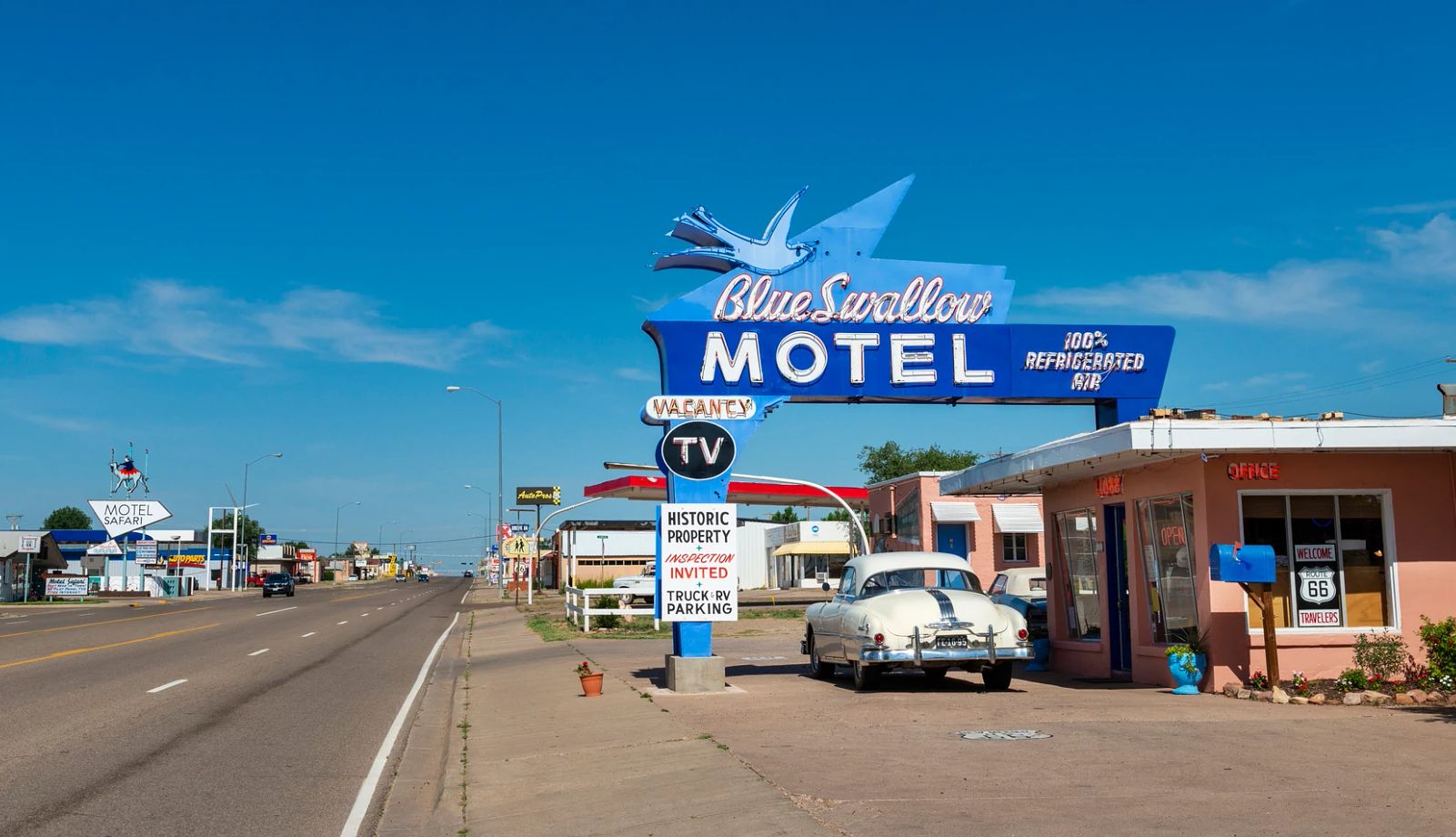AARP Eye Center
Little Rock today hit 100 degrees for the first time in 2016, with a heat advisory in effect until 9 p.m. CDT this Sunday, July 24, according to the U.S. National Weather Service in Little Rock. Staying cool during a blistering summer can mean the difference between life and death; more Americans die from heat waves than all other natural disasters combined.

Older adults stand a greater risk of heat stroke or heat exhaustion because their bodies do not easily adjust to changes in temperature, making it critically important for people to check on older family, friends, or neighbors, especially those without air conditioning in their homes. Symptoms of heat-related illness such as heat exhaustion and heat stroke can be slow to develop and often the person is unaware that they are in any danger.
Warning signs of a heat stroke include:
- Feeling dizzy
- Feeling faint
- Feeling nauseous
- Experiencing cramps in the arms or legs
- Having a fast and week pulse
- An above normal body temperature (body temps above 103 degrees can lead to death or permanent damage to the brain and other organs).
To combat heat-related illness, AARP recommends that you:
- Stay indoors and in an air-conditioned environment as much as possible.
- Plan strenuous outdoor activities for early or late in the day when temperatures are cooler.
- Take frequent breaks when working outdoors.
- Drink plenty of fluids but avoid beverages that contain alcohol, caffeine or a lot of sugar.
- Eat more frequently but make sure meals are balanced and light.
- Check frequently on people who are elderly, ill or may need help. If you might need help, arrange to have family, friends or neighbors check in with you at least twice a day throughout warm weather periods.
- Check with your doctor before increasing salt intake if you are on a salt-restrictive. Salt tablets should only be taken if specified by your doctor.
- Check with your doctor about the effects of sun and heat exposure, especially if you take prescription diuretics, antihistamines, mood-altering or antispasmodic drugs.
- Cover windows that receive morning or afternoon sun. Awnings or louvers can reduce the heat entering a house by as much as 80 percent.
- Wear a wide-brimmed hat, sun block and light-colored, loose-fitting clothes when outdoors.
- Move to a cool location, rest for a few minutes, and slowly drink a cool beverage at the first signs of heat illness (dizziness, nausea, headaches, muscle cramps). Seek medical attention immediately if you do not feel better.
- Avoid extreme temperature changes. A cool shower immediately after coming in from hot temperatures can result in hypothermia, particularly for elderly or very young people.
If the power goes out or air conditioning is not available:
- Stay on the lowest floor out of the sunshine.
- Ask your doctor about any prescription medicine you keep refrigerated. (If the power goes out, most medicine will be fine to leave in a closed refrigerator for at least 3 hours.)
- Keep a few bottles of water in your freezer; if the power goes out, move them to your refrigerator and keep the doors shut.
A comprehensive toolkit from AARP to help someone stay cool during extreme heat is available here.

















)













































